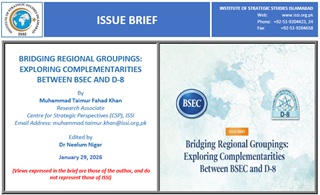The evolving geoeconomic and geopolitical landscape has intensified the search for pragmatic, regionally grounded cooperation frameworks that can complement…
Category: 2. World
-
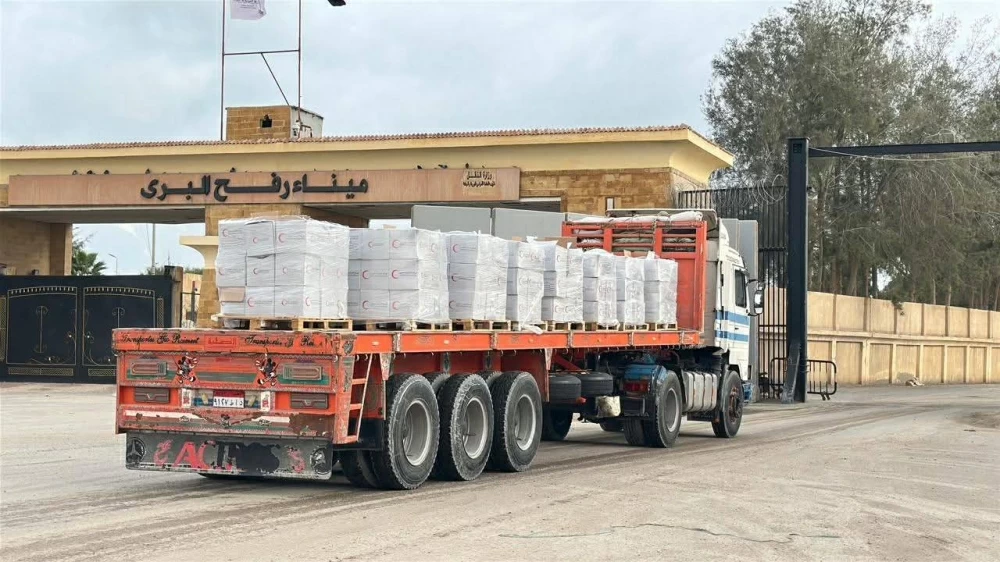
Egyptian Red Crescent delivers over 6,000 tons of medical, food, and winter essentials to Gaza
In the early hours of Thursday morning, the Egyptian Red Crescent (ERC) launched its 127th Zad Al-Izza (Provisions of Dignity) convoy, dispatching a fleet of trucks carrying urgent humanitarian aid toward the Gaza Strip. The mission is…
Continue Reading
-
Saudi and Israeli officials visit D.C. to discuss possible U.S. strikes on Iran – Axios
- Saudi and Israeli officials visit D.C. to discuss possible U.S. strikes on Iran Axios
- ‘7x Retaliation’ If Iran Attacks, Says Israel Minister, Pakistan Not Welcome In Gaza NDTV
- Northern Command chief: IDF ready on all fronts if US attack on Iran…
Continue Reading
-
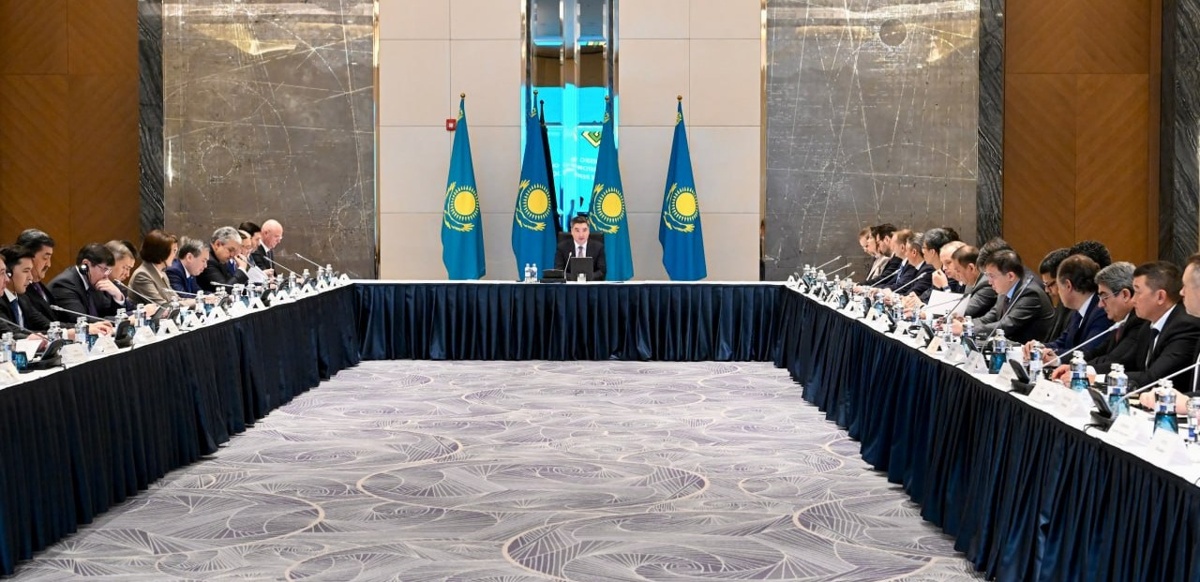
Government is open for constructive dialogue with investors – PM Bektenov
The meeting addressed the issues of the support of investors and joint establishment of high-technological productions, with the use of artificial intelligence and digital solutions.
In line with the President’s directive,…
Continue Reading
-
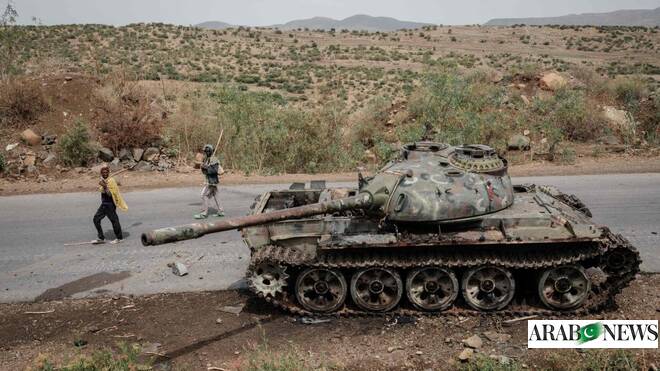
Flights to Ethiopia's Tigray region suspended as clashes erupt – Arab News PK
- Flights to Ethiopia’s Tigray region suspended as clashes erupt Arab News PK
- Flights to northern Ethiopia cancelled as fears mount of renewed conflict BBC
- Clashes between government troops and Tigrayan forces erupt in Ethiopia Al Jazeera
- News:…
Continue Reading
-
Nipah virus: Sindh urges strict border surveillance amid outbreak in India – Business Recorder
- Nipah virus: Sindh urges strict border surveillance amid outbreak in India Business Recorder
- Pakistan becomes latest Asian country to introduce checks for deadly Nipah virus Reuters
- Nipah virus: Some Asia airports screen passengers after outbreak…
Continue Reading
-
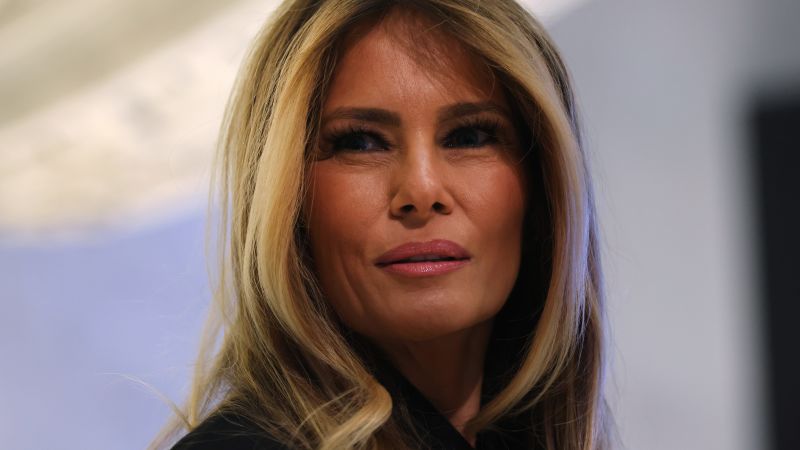
Melania Trump: What to know about the new documentary about the first lady
For decades, the unwritten rule of the East Wing was that an American first lady’s private life was a gift to the National Archives, eventually traded for a post-presidency memoir and maybe a library wing.
…Continue Reading
-
Iran’s foreign minister to visit Turkiye for talks on tensions with US – Business Recorder
- Iran’s foreign minister to visit Turkiye for talks on tensions with US Business Recorder
- Turkiye urges US to start nuclear talks with Iran Dawn
- Top Turkish diplomat says Iran ready to negotiate, warns against US attack Al Jazeera
- Turkey urges…
Continue Reading
-
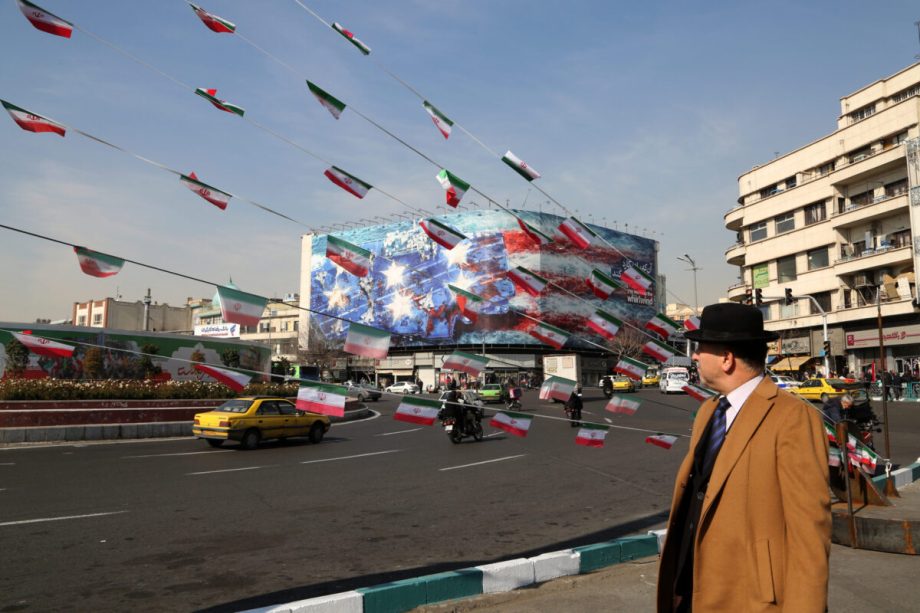
Iran, China and Russia sign trilateral strategic pact – Middle East Monitor
In a dramatic geopolitical development this afternoon, Iran, China and Russia formally signed a comprehensive strategic pact, marking one of the most consequential shifts in 21st-century international relations. While…
Continue Reading
-
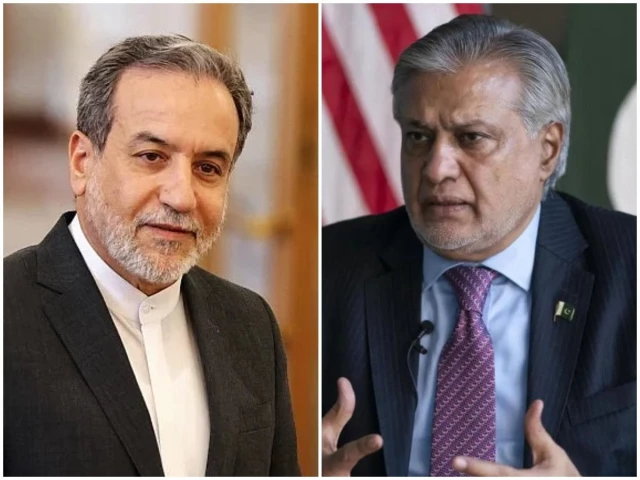
Pakistan alarmed by renewed Iran-US tensions
Iran Foreign Minister Abbas Araghchi (L) and Foreign Minister, Ishaq Dar (R). Photo: Files
ISLAMABAD:
…Continue Reading
